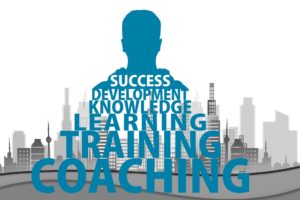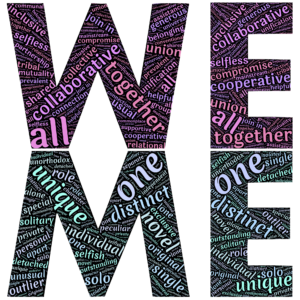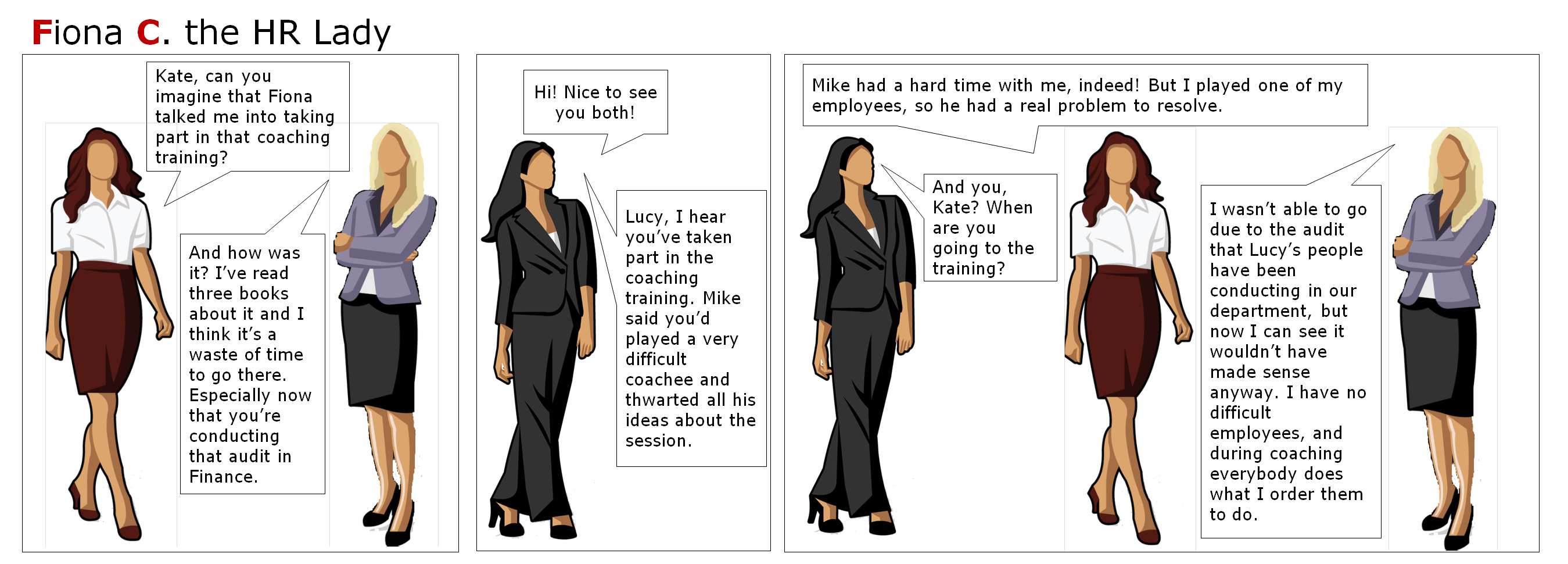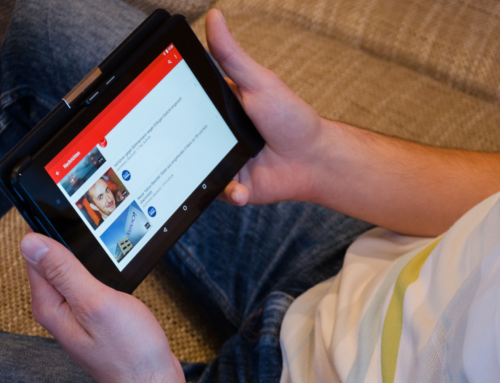
What is coaching?
It is an interactive process which helps individuals or organizations to speed up development and improve the results of actions.
A coach supports a coachee in development and looking for solutions; however, they don’t give ready solutions or answers. It is a coachee that is responsible for decisions and results.
Thanks to coaching cochees set specific goals, optimize their actions, take more pertinent decisions and make fuller use of their natural skills.
Coaching brings out and strengthens the best in a coachee. Not only does it influence the development of individual competencies in an organization, but, first of all, it shapes appropriate attitudes. It makes the change of unfavourable habits possible and increases the effectiveness of actions. It helps overcome resistance, makes a coachee aware of their limitations and allows them to find the best method of increasing effectiveness in line with personal values.
Robert Dilts, a trainer and coach, says: „coaching focuses on the solution promoting the development of the new strategies of thinking and action.”
During coaching sessions, participants identify what should be changed or perfected in the area of their activity, attitudes and convictions in order to achieve better results. Many years ago Marcel Proust noticed that such discovering does not consist in learning new skills or obtaining new knowledge about one’s environment. Discovering consists in looking at various matters in a different way, from a new perspective: it is about the practical knowledge which was assimilated earlier as a result of various trainings, interviews with co-workers and other professional experiences.
Coaching helps minimize the barriers which block and make the exposure of people’s skills and full potential impossible.
Key rules of coaching

Coaches are experts at the coaching process and may not have specialist knowledge about a particular field of the industry. If coaches have knowledge about particular fields, they may make use of it in order to run the whole process. However, they do not use their expert knowledge to assess, direct or offer solutions for a coachee.
The relationship between a coach and a coachee can be described as partnership. A coach does not approach a coachee as an expert, authority or healer. A coach and a coachee set aims, formula and expected results of their work together.
Coaching may concern multifarious personal and professional issues. In the coaching relation a coachee and a coach determine the scope of work together.
Coaching concentrates on the present and future. It doesn’t analyze the past or the influence of past events on the present functioning of a unit.
Sometimes a coach gives advice, expresses their opinion or makes suggestions. Since it is a coachee who is responsible for their actions, they may either cave in or reject a coach’s propositions.
During coaching, information obtained from a coachee is used by a coach only to increase a coachee’s self-awareness or make it easier for them to choose the method of action. A coach is obliged to maintain confidentiality. The reports summarising coaching sessions, which go to the HR department or superior, may only contain data concerning the course of the process itself and the level of target realization.
Glossary:
- pertinent – trafiony
- unfavourable – niekorzystny
- resistance – opór
- to obtain – zdobywać
- to assimilate – przyswoić
- healer – uzdrowiciel
- multifarious – różnorodny
- to determine – określić
- self-awareness – samoświadomość
- course – przebieg
Idiom of the month:
Cave in
meaning:
- To agree to something after originally opposing it.
- To yield completely, esp. under pressure.
in Polish:
- Poddać się czyjejś woli
- Zgodzić się
examples:
- Mark finally caved in and agreed to second version of the logo.
- At first, they refused to sign this agreement, but they caved in when they heard another firm was being approached.
Exercise:













